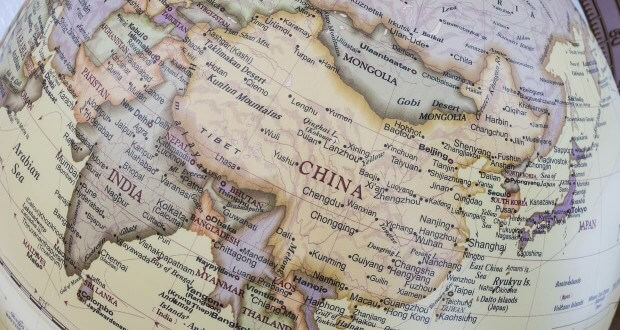China will launch a nation-wide investigation over the suspected illegal cultivation of genetically-modified (GMO) crops, the agriculture ministry has posted on its website.
The investigation follows a report by an official financial newspaper this week that GMO soybeans have been found in the country’s top growing area for the oilseed.
China is the world’s top buyer of GMO soybeans, but Beijing has not given the go-ahead for domestic cultivation of GMO crops, although it has spent billions on research.
However, some farmers in the northeast province of Heilongjiang are growing GMO soy crops illegally to seek higher yields, the China Business Journal reported this week.
The report identified an area near the city of Suihua where GMO crops are allegedly being grown, but did not give any further details. The local Heilongjiang agricultural commission has said on its website that it would also investigate whether GMO crops are being grown in the province.
Opponents of genetically-modified corps have long accused China’s agriculture ministry of poor supervision of GMO crops under trials, saying seeds have been sold to farmers for cultivation. Former CCTV anchor Cui Yongyuan told reporters last year that GMO rice was grown in some 20 Chinese provinces.
Heilongjiang, which produces about one third of the country’s total soybean output, is known for growing protein-rich non-GMO soy crops used to make food products, including tofu and soy sauce.
In related news, Like it or not, China’s crude oil futures will be a global benchmark.
China exports about 200,000 tonnes of soybeans a year, mainly to South Korea, Japan and United States.
The ministry earlier in the year revised regulations to increase the supervision of biotech products under development amid heightened public concern over its ability to keep illegal GMO products out of the food chain.
Port authorities have also cracked down on illegal sales of cheap GMO varieties to food companies, especially in the northern province of Shandong, the country’s largest distribution center for imported soy, the China National Grain and Oils Information Centre said in August.

